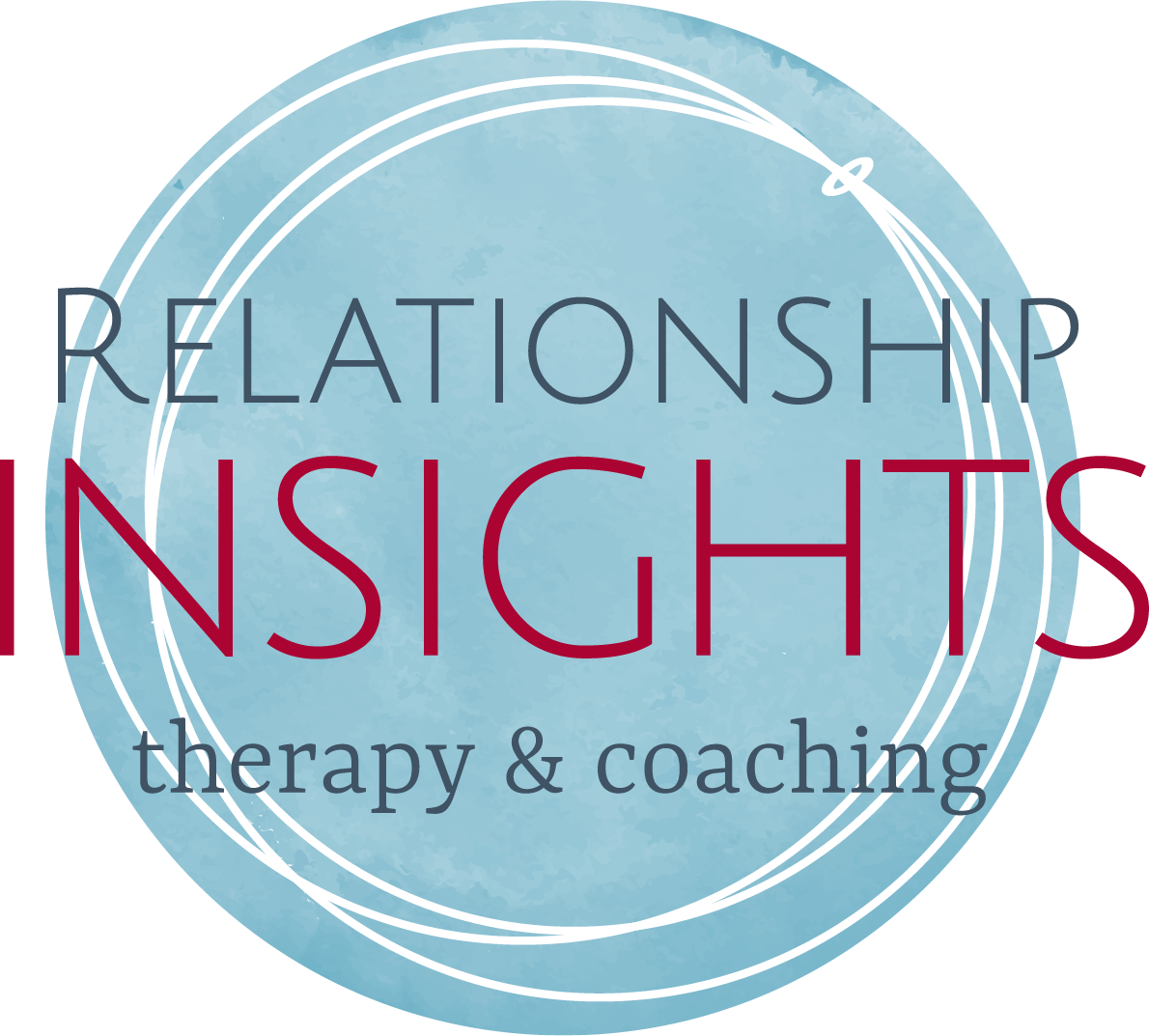GRIEF: WHAT WE CAN DO
Grief is confusingly universal. While we mostly have a shared sense of knowing that life is ephemeral and loved ones won’t be around forever, the actual experience of loss is often deeply and profoundly different for all of us. It, like the way we love and the way we structure our lives, depends on what we’ve learned about loss. Some of us very genuinely learn that the loss of a loved one is something worth celebrating. Others of us learn that life must pause in honor of those who have gone from this worldly plane to the next. And lots of us learn to avoid the depth of feeling that comes with loss entirely.
No one ever told me that grief felt so like fear. I am not afraid, but the sensation is like being afraid. The same fluttering in the stomach, the same restlessness, the yawning. I keep on swallowing.
At other times it feels like being mildly drunk or concussed. There is a sort of invisible blanket between the world and me. I find it hard to take in what anyone says. Or perhaps, hard to want to take it in. It is so uninteresting. Yet I want the others to be about me. I dread the moments when the house is empty. If only they would talk to one another and not to me.” ~ C.S. Lewis, A Grief Observed
SO, WHAT DO WE DO WITH GRIEF?
So, what we do about grief really depends on a whole lot, too. The most important thing we can do for ourselves when we’re grieving is to give ourselves exactly what we need as we process life on the other side of loss.
When something happens in our lives, people tend to rush in with advice, words meant to be helpful, and casseroles. Some of that might be helpful and lots of it usually isn’t. It can feel a lot like you’re consoling everyone else. We can kind of get our needs and desires a bit lost in the shuffle of everyone else’s grief.
WHAT DO YOU NEED?
While it’s absolutely part of the process to show up and help the people in our lives who are also grieving, it’s really important that we check in with ourselves and hone in on what we need. Grief looks different for all of us, so what we need from the world will look different, too. If you need to gather around with loved ones and laugh together while you relive old memories, reach out to those trusted few who you most want to be there and do it. Laugh together. Grief can be as joyful as it is sorrowful. If you need to stay home on the couch completely alone, allow yourself to have that time.
FEEL THE GRIEF
Feeling the grief is really the only way we can move through it. Putting it away and pretending it isn’t happening gives those feelings and fears permission to fester in our bodies somewhere. Let yourself have those things here and now. Break down into a heap in the shower, sit on your front porch in the pouring rain and let the weight of your wet clothes hold you down, fall into the arms of someone you love, scrub your bathroom floor, go for a really long run and sweat until you’re a puddle.
Everyone grieves in different ways. For some, it could take longer or shorter. I do know it never disappears. An ember still smolders inside me. Most days, I don’t notice it, but, out of the blue, it’ll flare to life. ~ Maria V. Snyder, Storm Glass
What do you need right now? As time goes on, and our grief shifts and changes, the things we need in the midst of it can change, too. Give yourself space and compassion to be how you are.
EXPRESS YOURSELF
Give sorrow words; the grief that does not speak knits up the o-er wrought heart and bids it break.” ~ William Shakespeare, Macbeth
Grief can be especially hard to navigate because it can make so many of us uncomfortable. It reminds us that we aren’t invincible. We are suddenly forced to reckon with our own mortality and that of those we love most. It’s deep and it’s yucky and it makes sense that we want to get through it and over the pain as soon as humanly possible. Grief can ask our brains to get caught in the trap of questioning reality. Usually, there isn’t an explanation or an answer to the “why?” of loss. It might be helpful to tell the story of your lost loved one or to talk about your grief. You may also not want to talk about it at all. Letting it all build up inside of our brains and bodies can feel really heavy. Get it out somehow.
Journal, make art, spend time in nature, try something new. Get your brain and body on the same page and let yourself explore your own experience in ways that feel approachable, useful and safe for you.
TAKE YOUR TIME WITH GRIEF
Time really is the greatest healer. It is also one of the most powerful reminders of what we’ve lost. Birthdays, holidays, and anniversaries can come and go with varying levels of remembrance, pain, and celebration. Take your time. There is no end date. You don’t have to hurry through the pain. There is no race, finish line, or goal. This process is yours. Timelines are arbitrary.
GET SUPPORT
Lean into your people. We don’t often choose to experience big life events alone, do we? Giving birth and celebrating birthdays are things we do in the company of other people. Death can be the same thing. Find community in people you already know, find support in groups with people who are experiencing similar pain, and a therapist you can trust to help you process and explore your grief.
REMEMBERING
Remember your loved ones how you want to. Join in the rituals, celebrations, and customs that make sense to you in your life. Engage with the world in the ways it makes sense for you, especially when grief is new or especially raw. Just as there aren’t right ways to live, there also aren’t right (or wrong) ways to grieve.
GRIEF & WHAT WE CAN DO: THE TAKEAWAY
There is a difference between traumatic and ordinary grief. If grief is overwhelming or feels like it is too much to bear, give yourself grace enough to get the support you need. If you need professional help or assistance at any time, seek it out. Your life is important and you are never truly alone.
List of community resources for ordinary, ambiguous, and traumatic grief:
https://www.griefloss.org/community-resources.html
SAMHSA’s National Helpline: 1-800-662-HELP (4357)
National Suicide Prevention Lifeline: Call 1-800-273-8255


 Relationship Insights Therapy & Coaching
Relationship Insights Therapy & Coaching